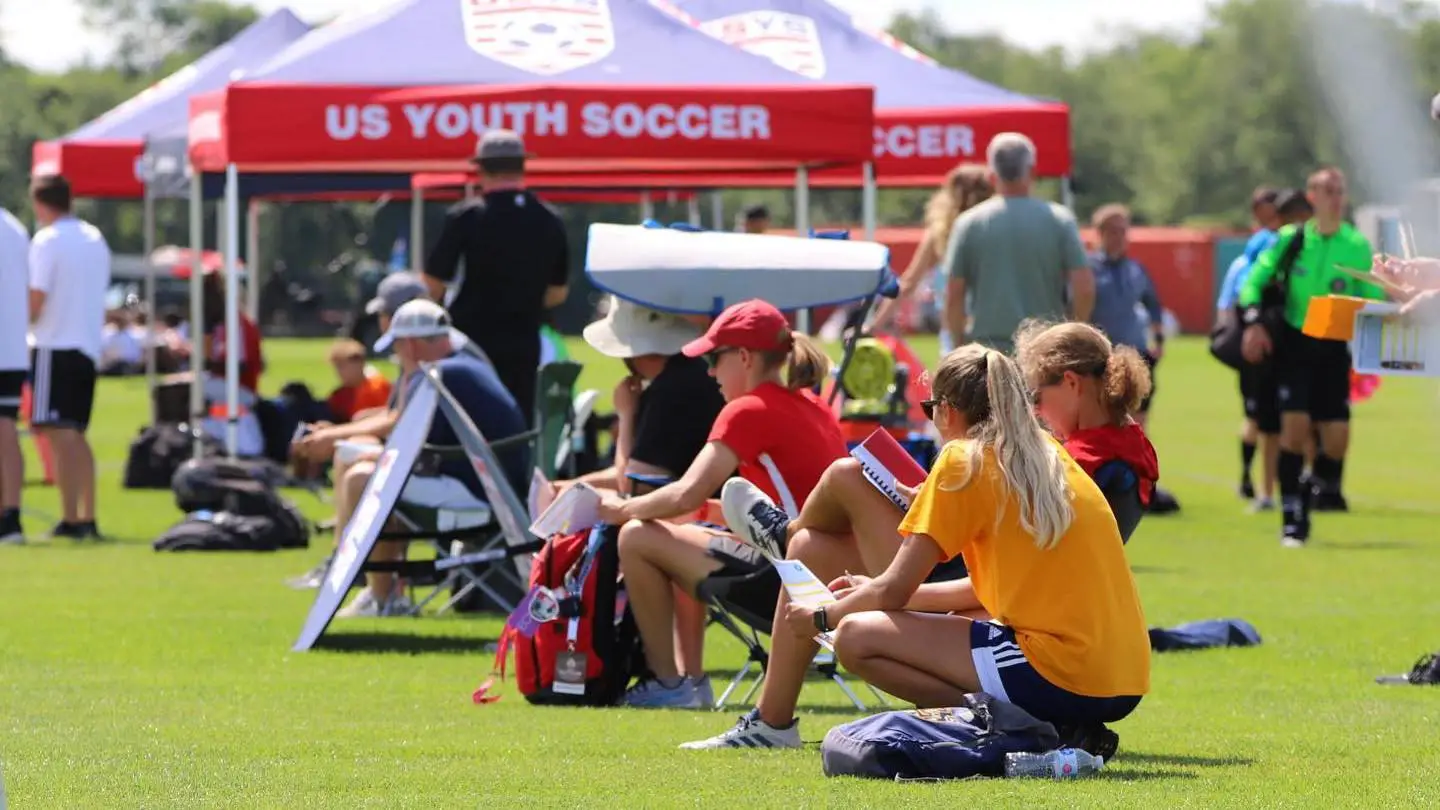You’ve done the recruiting trips and you’ve attended the camps. With offers now on the table, now the decision is in your hands; where do you want to play college soccer?
Here are four questions to ask yourself when trying to choose the best college soccer program for you.
What does the team need?
If you’re deciding to go to college to play soccer, there’s a high likelihood that starting — or at least contributing in a significant way — is high on your list of priorities.
One of the most frustrating things for an athlete can be arriving on campus only to realize that there’s a logjam at their position. Check the roster to see if a team is heavy in the position you intend on playing, especially if the position is filled with people from the class directly above you.
On the contrary, if you see a team has a hole at your position, or will have a hole due to most of that position being concentrated in an older graduating class, that can be a sign you will have a much better chance of playing right away.
What are your priorities?
Choosing a college is always about considering your priorities and deciding what’s best for you. Trying to do that as not just a student, but also as an athlete, just adds to that list. As recruiting expert Christopher Stack states, you need to consider life as a student, a teenager and an athlete.
As a student, it’s always important to consider the academic side because a vast majority of players will see their soccer career plateau at the collegiate level. Do they have the program that you want to study? Are the academics rigorous enough? Too rigorous?
As a teenager, you should ask yourself what you want from your college experience, and what systems you need in order to thrive. Is the school too big, or too small? Is it too close, or too far from home? Is the weather an issue?
Finding time to figure out exactly what you need from your college as a student and as a teenager can help you narrow down your list before even considering athletics.
What type of scholarship are you being offered?
When debating between colleges, finances and security can be a massive factor for both you and your family. The types of offers you receive has a big impact on the security you have from an academic and athletic standpoint.
NCSA has a fantastic resource on the types of scholarships you can be offered, along with the benefits and drawbacks of each one. Also remember that both NCAA Division I and Division II schools can offer athletic scholarships, while Division III schools cannot.
How do you mesh with the coach/team culture?
While the academics and extracurriculars are important, making sure you like the soccer team you’re playing with is incredibly important as well.
The NCAA gives a list of different questions that are valuable to ask a prospective coaching staff when you visit them. You can also learn a lot about coaches by attending their ID camp, where you’ll be able to experience their training environment first-hand.
Additionally, you should take advantage of overnight opportunities with any school that works with your schedule, and ask to be paired with another soccer player. If you choose to go to a school, these will be your teammates in the near future, so it’s best to know if you’ll get along with them before committing.








